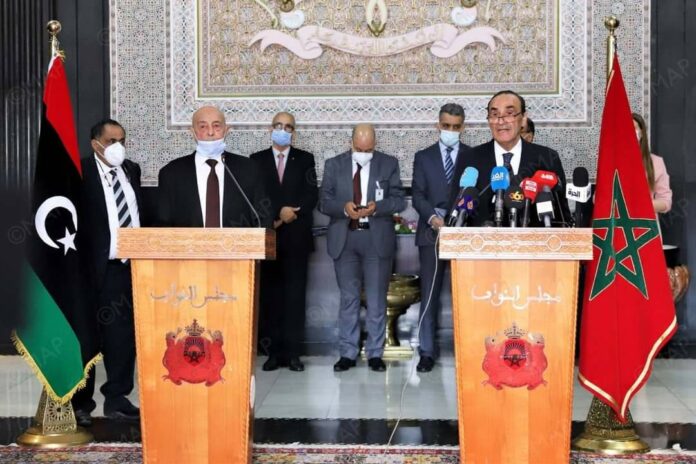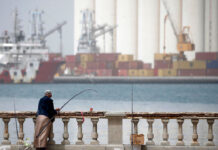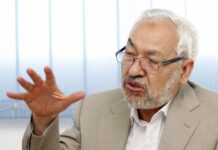5 June 2021
On Friday, 4 June in Rabat, the speaker of the House of Representatives of Libya, Aguila Saleh, announced that the mechanism for the selection of sovereign positions in Libya has been resolved at the meetings in Bouznika, Morocco, through the formation of a committee under the supervision of the United Nations and the auspices of the kingdom of Morocco.
Saleh said at a press conference with his Moroccan counterpart, Habib al-Maliki, on Friday that “it was agreed in Bouznika on how to select the sovereign positions through a committee formed by the House of Representatives and the Supreme Council of state, under the supervision of the United Nations mission and under the auspices of Morocco,” stressing that the presidents of both councils had nothing to do with this matter.
He added that the files of candidates for sovereign positions were sent to the Council of state “and it only has to implement what was agreed”.
Recently, a dispute broke out between the House of Representatives and the Supreme Council of the state over the methods, mechanisms and criteria for the selection of sovereign office holders, and several accusations were made against the Supreme Council for violating the 2015 political agreement, which provides for the selection of such office holders in partnership.
What are these Positions?
The sovereign positions that are to be decided by the House of Representatives and the Supreme Council of the State are the governor of the Central Bank, the head of the Audit Bureau, the head of the Administrative Control Authority, and the head of the Anti-Corruption Commission, in addition to the president and members of the High Elections Commission and the president of the Supreme Court, along with the position of the attorney general.
After several rounds of talks in Morocco, the door was opened last January for candidacy for sovereign positions on which opinions have long been divided.
The file of sovereign positions is a prerequisite for holding the elections, which makes delaying its settlement a threat to the UN road map in Libya, which aims to hold elections on December 24.











